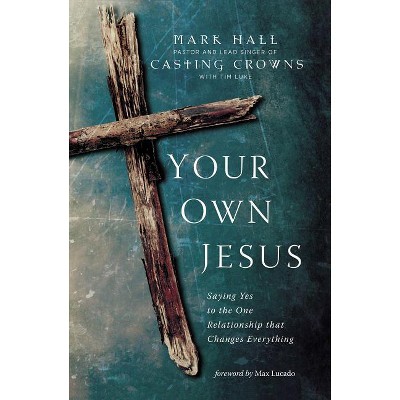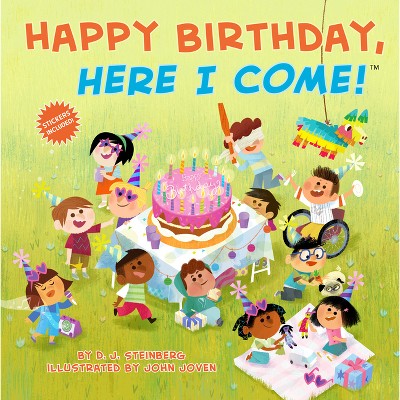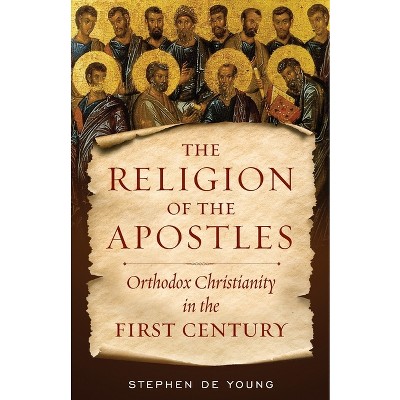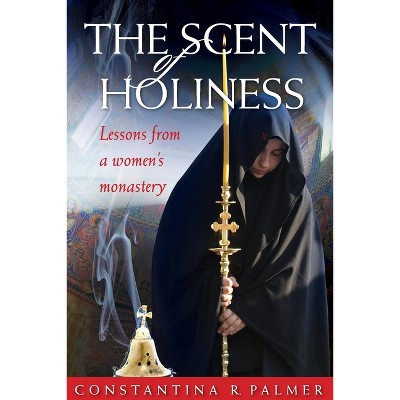Sponsored

Gratitude in Life's Trenches - by Robin Phillips (Paperback)
In Stock
Sponsored
About this item
Highlights
- No end of books these days offer us techniques for self-improvement.
- Author(s): Robin Phillips
- 328 Pages
- Religion + Beliefs, Christian Life
Description
Book Synopsis
No end of books these days offer us techniques for self-improvement. Taking a different tack, Robin Phillips shows that God meets us where we are, in the pain and heartache of the present moment. Instead of looking for a way to escape from hardship, we can cultivate an attitude of gratitude, peace, and self-acceptance that will transform our experience of suffering.
Drawing on his own experiences and his work as a consultant in the behavioral health industry-as well as stories of saints and sufferers, teachings of the Fathers, and recent discoveries in neuroscience-Phillips shows us that the journey to personal well-being is one we can all travel, regardless of the hardships we may face.
Review Quotes
Modern pop Christianity too often deals with suffering through cotton-candy forms of denial. Orthodox Christianity, by contrast, sees that suffering can be for our own salvation-but only if we accept it in a Christian way. Robin Phillips uses Scripture, Orthodox teaching, and stories from everyday life to show how we can not only carry our crosses, but also be made holy by them. Phillips has a gift for making profound wisdom accessible to a wide readership. This book will open closed minds, gladden weary hearts and change people's lives.
-Rod Dreher, senior editor at The American Conservative
and author of The Benedict Option and
Live Not by Lies: A Manual for Christian Dissidents
Robin Phillips is a holistic thinker who takes the gems of truth from neuroscience, psychology, sociology and theology to show how to experience the good life. His book is honest and accessible to everyone. This is a book that can change hearts and lives.
-Bishop John, Antiochian Orthodox Bishop of Worcester and New England
Perhaps the best way to describe this intriguing and original book is by borrowing the familiar format of an old joke: "A theologian, a monk, a psychologist, and a neuroscientist went into a bar." Would they have anything to say to each other? Phillips thinks so, based upon a proficient and well-researched familiarity with each interlocutor. He provides an eavesdropped account of the rousing conversation that could be had. But don't they each speak in their own exclusive and unintelligible language game? Yes, admittedly so, but Phillips proposes two mitigating factors. First, although the jargons are multiple, the subject is singular. They are dealing with one human person, in soul and body, and the universal virtues that make for happiness. Second, this book explores the linkage between theoria and praxis. Theory
















